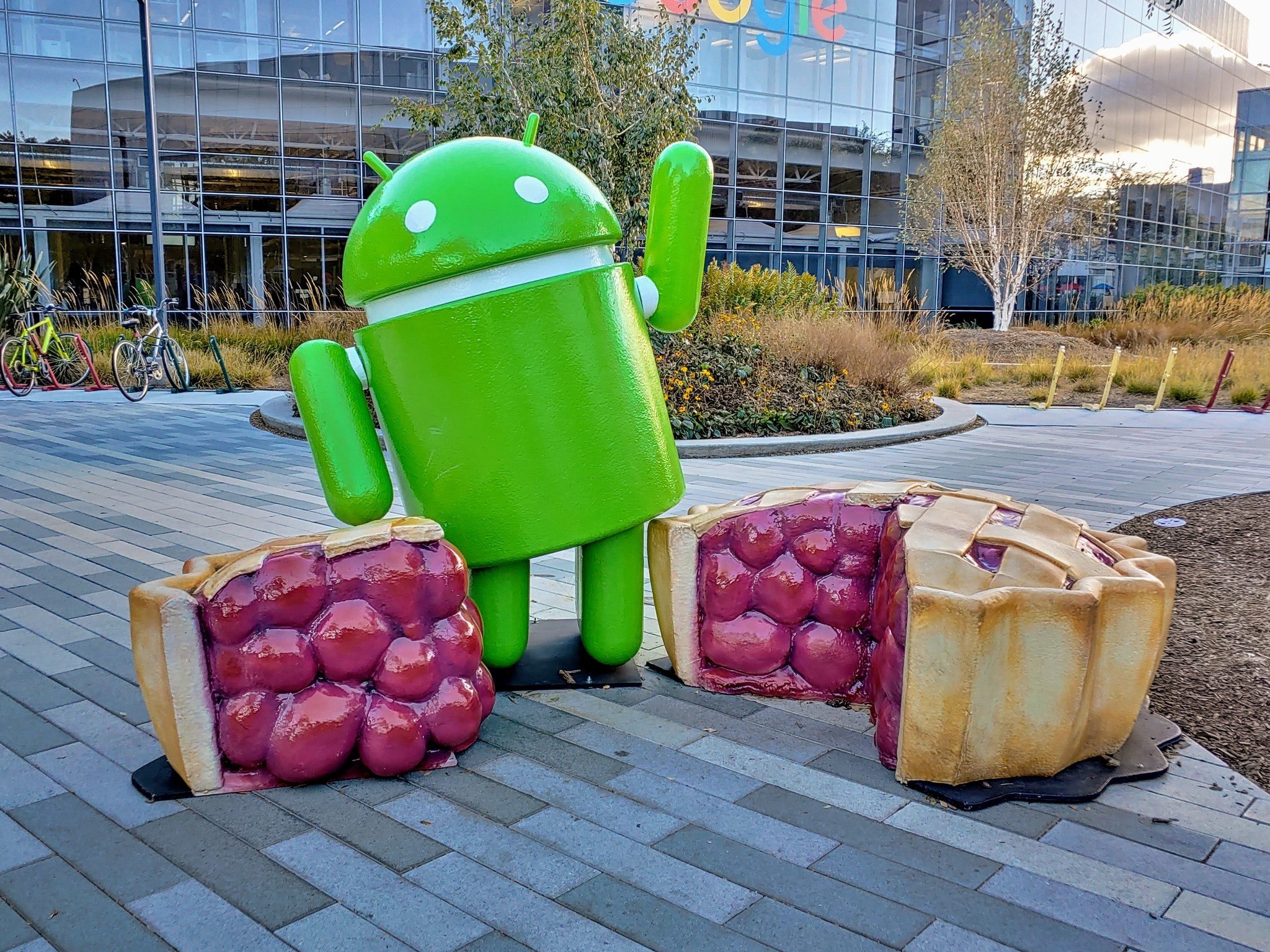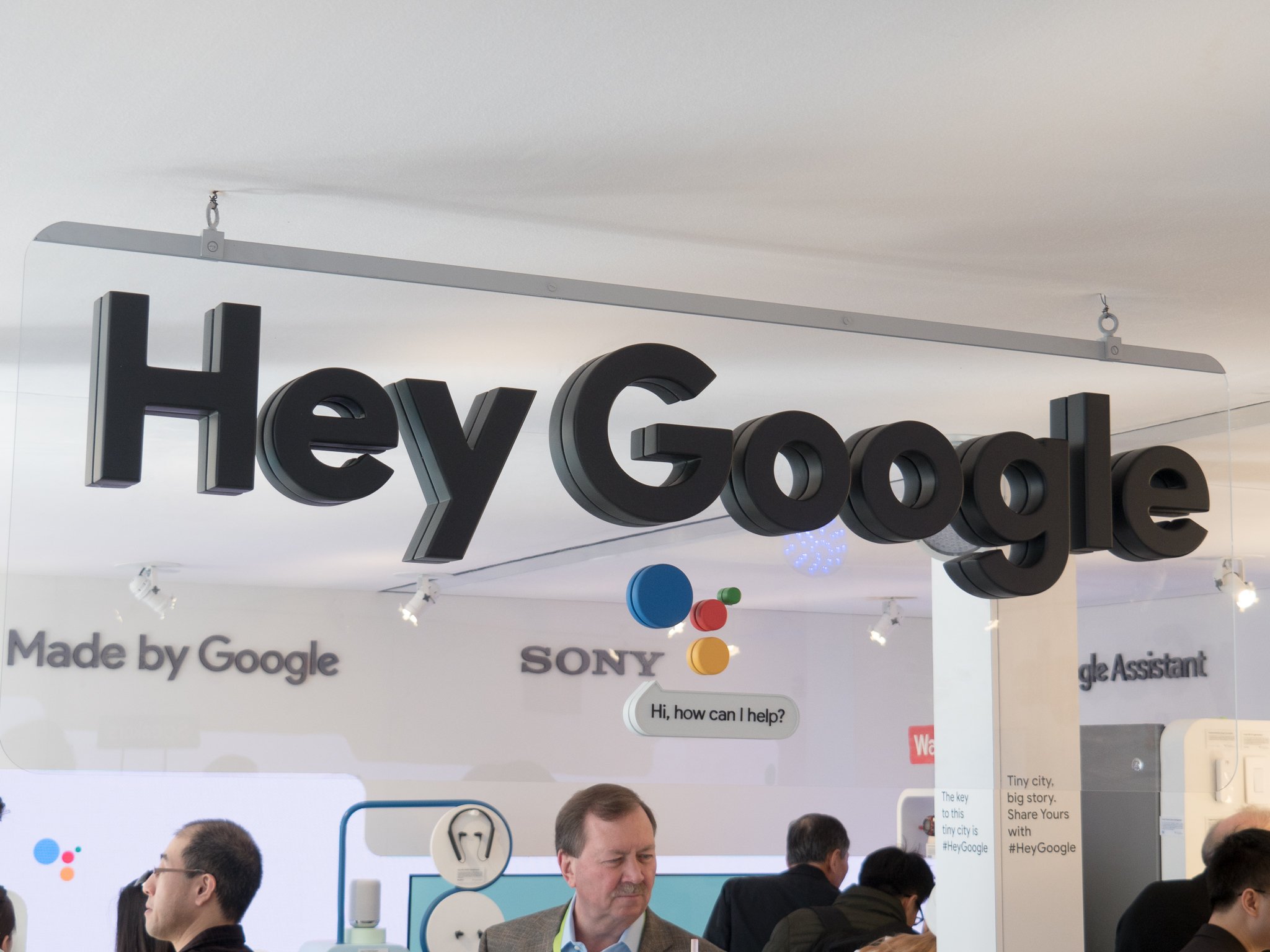Appeal or not, Google's making changes.
Google just announced it has filed an appeal with the European Commission (EC) following a $5 billion fine from July related to its licensing terms for Android and Google apps. The crux of the EC's decision earlier this year was its opinion that Google was taking advantage of its position as a dominant operating system to be unfriendly to companies making Android devices. The EC took particular umbrage with Google's requirements to include several Google apps as a bundle, and that licensees making Google-sanctioned Android devices were forbidden from making non-Google-licensed (aka "forked") Android devices.
Though Google has just filed an appeal in hopes of overturning the decision, it has also just outlined its plans for addressing the EC's concerns regardless. The changes fall into two groups: how Google will handle Android licensing terms in the European Economic Area (EEA), and how it will handle licensing of its Google apps on top of Android.
Companies can now make licensed Android builds while also shipping forked builds in Europe.
The most significant change from the manufacturer side is that Google will now allow companies that make Android devices with Google apps to also make other Android devices with their own "forked" versions of the operating system and no Google apps. For example a company could make a regular Android phone with full Google certification, and also an Android tablet with its own version of the OS and no Google apps or services. The one catch here is that Google is only opening this up to companies distributing to the EEA, meaning any devices would have a significantly limited market to sell in.
Next are the changes to the way Google apps are licensed. Android device makers will now be able to license Google's suite of mobile apps (Gmail, Maps, Photos, etc.) separately from Google Search and Google Chrome, which were both previously required. So now, you could theoretically see a phone that had Gmail and Google Maps, but with Microsoft's Bing search engine and Mozilla Firefox with no sign of Google Search or Chrome at all. Google will continue to offer Search and Chrome to anyone, and is going to keep signing commercial agreements for preferential placement of the apps on phones — those are just separate deals from the rest of the apps now.
Google is complying with the EC's complaints, but it's hard to see what the consumer benefit is.
It all sounds good, and more choices for manufacturers is a bonus. But here's the rub: now that Google is removing Search and Chrome from the app bundle, the two apps that actually make Google money, it will have to make the rest of its apps available through a paid license. If a company in the EEA wants to make Android devices with Google apps, sans Search and Chrome, it will now have to pay for the privilege. And you can bet that those apps won't be cheap, nor will the cost simply be eaten by the company — it's likely to be passed on to the retail price.
Who wins in this situation? The EC, sure, but this may also mean more expensive Androids in Europe.
Google's making changes to comply with the EC's exact complaints over exclusivity of Android licenses and app bundling, and it's doing so as a show of good faith even as it appeals the decision. But Google's also putting its foot down to show just how much value it gives away for free as of today, with a suite of extremely popular and well-made apps that would typically cost companies millions of dollars to develop for themselves. By forcing Google's hand to un-bundle its money-making Search and Chrome, manufacturers shipping Android in the EEA that decide to forego those apps, as the EC claims they want to do, will pay for the privilege. In the incredibly competitive and price-sensitive consumer electronics world, that's a tough cost to manage.
So who wins in this situation? It's tough to argue European consumers do. The EC's stipulation that companies were being hindered by their inability to ship devices with forked versions of Android is of dubious merit, and now there's a very real possibility that Google-sanctioned devices — a vast majority of Androids sold in the EEA — will cost more when they hit store shelves.
The coming weeks will reveal whether Google's appeal is accepted or the original decision is enacted, but Google plans on placing the above licensing changes into effect on October 29 regardless.


0 Response to "You Can See More: Google's changes to EU licensing could mean more expensive Androids"
Post a Comment